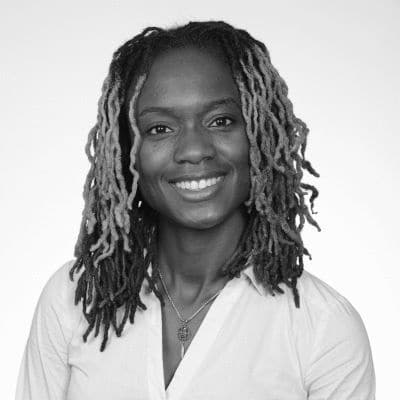I was 23 years old when I started writing my dissertation on The Boondocks.
And the truth is, academia wasn’t convinced that it mattered … not in the “let’s put this in the canon” kind of way.
But I kept writing. Kept researching. Kept building my case that The Boondocks wasn’t just satire—it was literature. It was legacy. It was disruption.
And years later, I realize: I wasn’t just writing about The Boondocks.
I was learning from it.
Here’s what The Boondocks taught me about storytelling, legacy, and not giving up:
1. You don’t need a traditional platform to say something powerful.
Aaron McGruder didn’t wait for permission. He started with a comic strip in his college paper. That small beginning became a nationally syndicated strip, then a groundbreaking animated series.
That’s a blueprint for all of us. Start where you are. Say something that matters.
2. Satire is one of the most powerful storytelling tools we have.
The Boondocks made people laugh. But it also made people uncomfortable. That’s the power of satire—it holds a mirror to society, wrapped in humor sharp enough to cut through noise.
If you’re a creator, that’s your power: speak truth with style.
I don’t write satire, but studying The Boondocks, I learned critical creative writing skills.
3. Black stories are often treated as optional —but they’ve always been essential.
Studying The Boondocks taught me how often our cultural contributions are overlooked, even when they shift entire conversations.
But the work of documenting, dissecting, and honoring Black genius is work worth doing—even when the gatekeepers don’t get it.
4. Humor can hold grief. And rage. And truth.
There were moments when The Boondocks comic strip made me laugh so hard that I had to take a break from reading it.
And there were moments it made me question everything.
That’s what great storytelling does—it validates how complex we are. And it reminds us we’re not alone. It makes us feel AND think.
5. Legacy is built when you refuse to stop.
My dissertation almost didn’t happen. I wanted to give up more than once. I cried in the hallway at Howard University during my first year and told my mom I was ready to go back to Philly.
But I stayed.
And now, that same dissertation—the one I almost gave uo on—is part of my legacy. It’s been downloaded over 180 times. It’s making money. It’s changing lives.
That’s the power of honoring your voice before the world does.
If you’re a creative, a scholar, or a lover of Black culture, I want you to see what I saw.
📚 The full dissertation and Boondocks Decoder GPT are in the $12 bundle. Available here.
👉 TAP HERE



